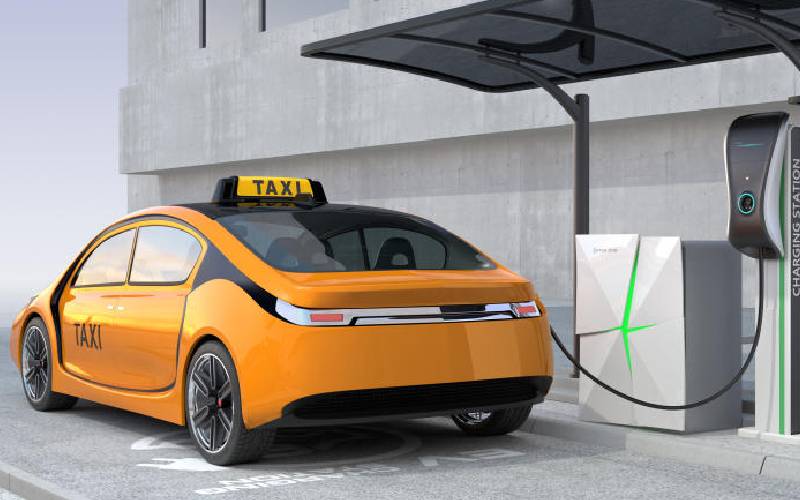×
The Standard e-Paper
Join Thousands Daily

In the old days, one of the proudest statements in the world was ‘civis romanus sum’, Latin for ‘I am a Roman Citizen’. Backed by the majesty of the great Roman Empire, that phrase gave one free passage across Europe.